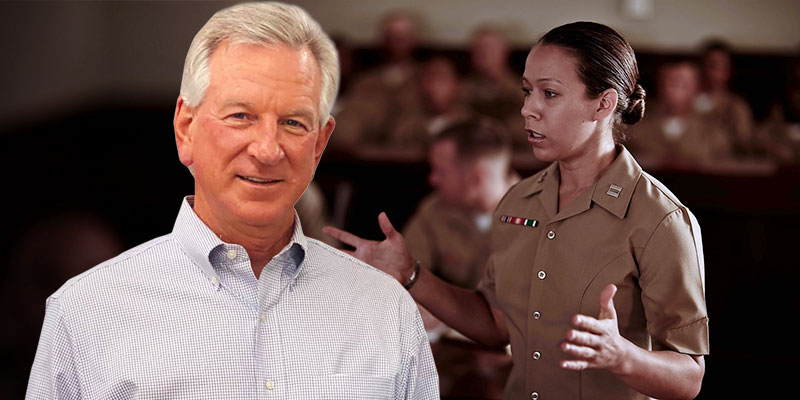Alabama has a proud and storied military tradition.
Our citizens have fought, died and shed their blood in every war our nation has fought since Alabama achieved statehood, and veterans from every conflict, including the American Revolution, have been laid to rest within our soil.
The military bases located in Alabama – from Rucker to Redstone to McClellan/Anniston and Maxwell/Gunter – have served our nation dutifully in times of peace and war, and they play vital roles in the economies, culture and quality of life in the communities in which they operate.
Maxwell Air Force Base in Montgomery, for example, has an estimated economic impact of $2 billion annually in the River Region, and every officer in the U.S. Air Force passes through its gates to attend the Air War College at some point in their military career.
But we must be mindful that Alabama’s military tradition and defense presence did not come naturally and without much hard work and influence.
Virtually every city, county and state across the nation competes to attract military infrastructure and the jobs and investment the comes with it, and if Alabama is going to retain and build upon our current bases, we have to continually make a strong and convincing case to federal officials and the Pentagon.
That is why the Alabama Military Stability Commission was created.
The commission, which I chair by virtue of my office, came into being through state statute in 2011, and it is comprised of elected officials, cabinet members, and regional appointees from areas of Alabama with a heavy defense concentration.
Our panel is tasked with recommending and implementing the steps necessary to protect, preserve and promote, the federal military presence across the state.
One example of our work occurred earlier this year when we convinced legislators to create a redevelopment corporation designed to address, improve, and attract investment to blighted areas surrounding Maxwell AFB.
Because of the commission’s efforts, Alabama was also among the first states in the nation to pass legislation ensuring occupational licensing reciprocity for military dependents, which is a complicated way of saying a military spouse who, for example, is licensed to practice accounting in another state is also allowed to practice locally while stationed in Alabama.
We are currently working with state boards and agencies overseeing dozens of professions to ensure that they are complying with the law.
Because the transient and nomadic nature of military service can be stressful for spouses and dependents who have to join their service member in moving from one base assignment to another, the Military Stability Commission was responsible for creating and recently unveiling the “Heroes Welcome” website, which provides relocating military and veteran families a central resource for information about employment opportunities, education, and other important community information.
Providing military families and personnel with an easy-to-find clearinghouse of essential community information demonstrates Alabama’s deep commitment to their service, and it also displays just a hint of our state’s famous southern hospitality.
Alabama is already the most military-friendly state in the nation, and creating the website, which is available at HeroesWelcome.Alabama.Gov, makes us even more welcoming.
The commission’s ambitious legislative agenda was unavoidably left unfinished a few months ago when the COVID-19 pandemic dramatically shortened the Legislature’s regular session and limited the issues that could be considered.
Among the bills that we hope to revisit next year is a measure that ensures military dependents who attend colleges and universities in Alabama and pay in-state tuition while stationed here will continue paying in-state tuition even if their service member or family is transferred out-of-state.
We will also continue our efforts to extend the deadline for active service families to apply for enrollment in magnet schools to the first day of the school year. While the new law does not guarantee a military dependent will be admitted into a magnet school to which they apply, extending the deadline provides them every opportunity to attend if they meet qualifications and slots are available.
Just like our nation’s servicemen and women hold the line and protect American interests against all known threats, the Military Stability Commission is holding the line and protecting Alabama from those who would siphon our defense presence and take away the jobs and dollars that accompany it.
Will Ainsworth is the lieutenant governor of Alabama











